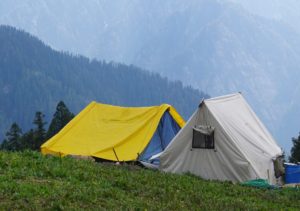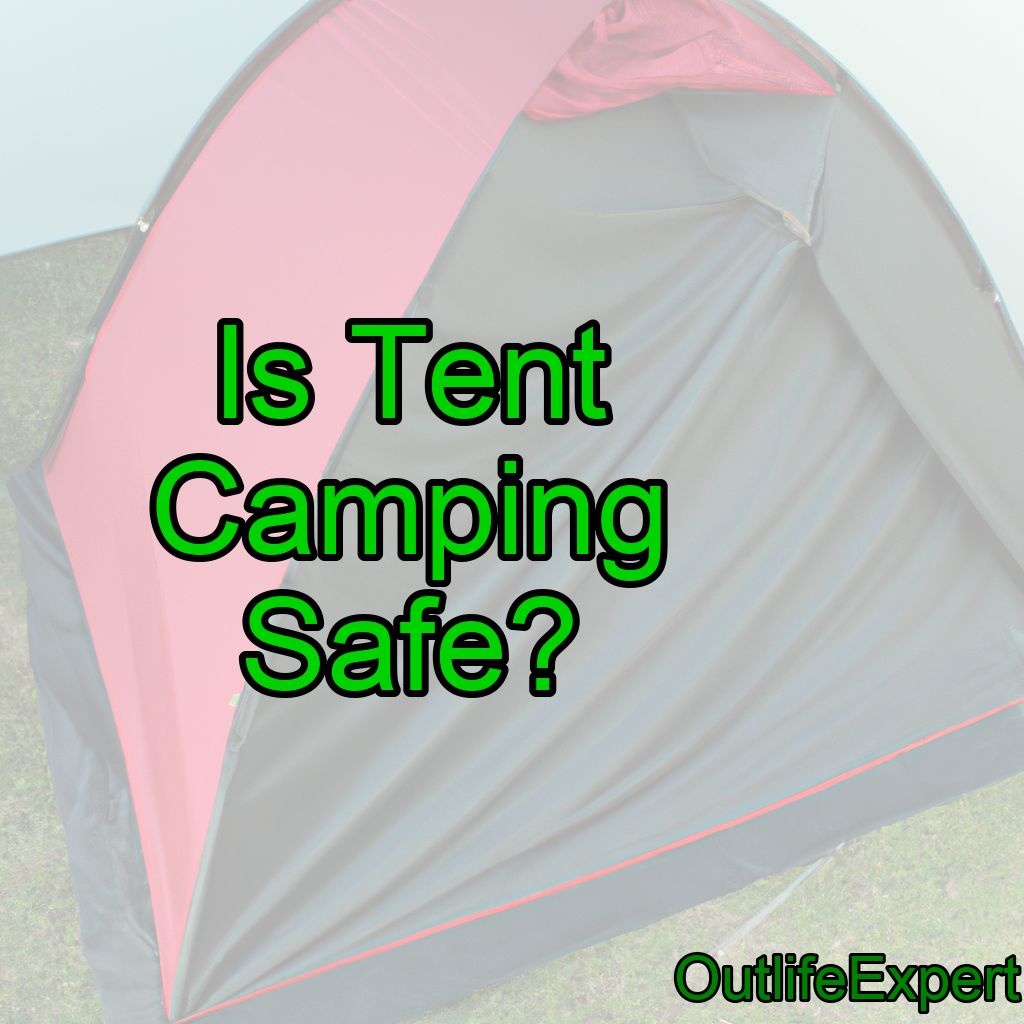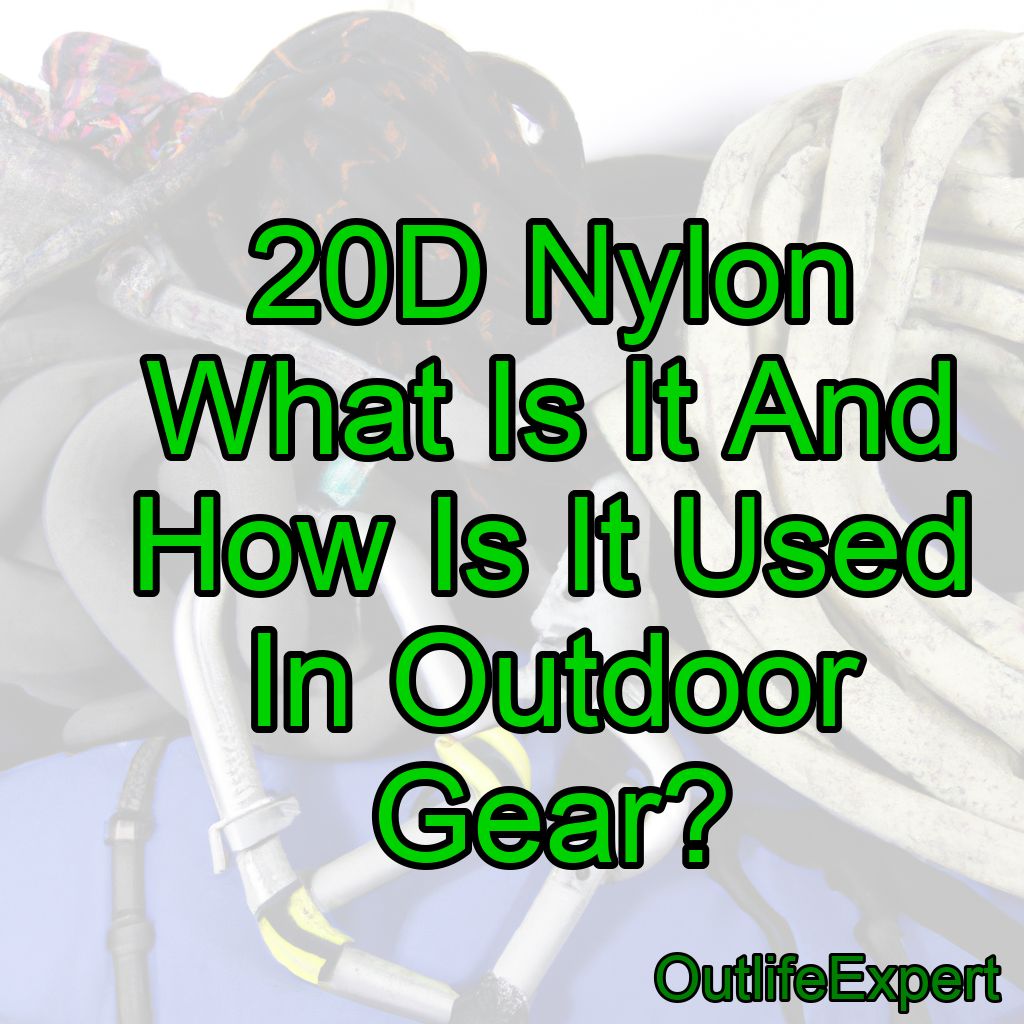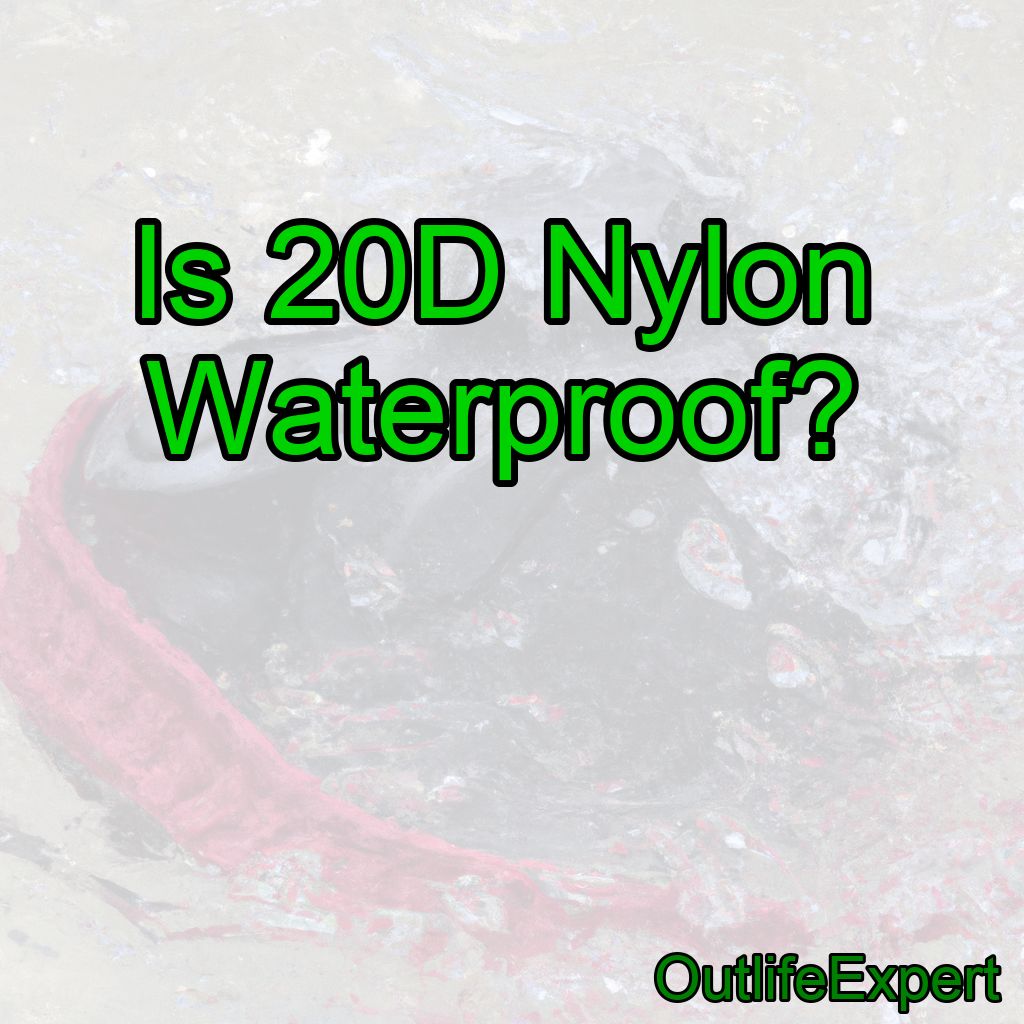Tent camping is an exciting way to experience the outdoors, but it’s important to stay safe when you’re out in nature. Whether you’re a first-time camper or a seasoned pro, there are certain precautions that everyone should take.
In this article, I’m gonna share some of my top tips for staying safe while tent camping so you can enjoy your time outside without worry.
No matter how much experience you have with camping, safety should be at the forefront of your mind. Taking simple steps such as researching weather conditions and understanding wildlife behavior can help ensure that your trip goes smoothly and safely.
You’ll also want to make sure you bring plenty of supplies and know what to do if an emergency arises. With these tips up your sleeve, you’ll be ready to hit the trails and explore!
Definition of Tent Camping
Tent camping is a great way to spend time outdoors and explore nature. When done safely, it can be an enjoyable experience for campers of all ages.
It’s important to understand the basics of gear selection, campfire safety, camping etiquette, wildlife safety, and have the right camping gear before heading out into the wilderness.
To ensure you have the safest possible experience on your next trip, make sure that you choose high-quality materials for your tent and sleeping bag.
You should also bring enough clothing layers so that you don’t get too cold at night or during rain showers. And never forget about firewood – having some dry wood stored in case of wet weather will help keep everyone warm and safe around the campfire.

Additionally, familiarize yourself with local animal behavior guidelines as well as leave no trace principles when setting up camp.
With these tips in mind and a little preparation and planning ahead of time, tent camping can offer a peaceful escape from everyday life while teaching valuable lessons in outdoor education along the way!
Preparation And Planning is Key!
When it comes to tent camping, preparation and planning are key. Before you even set off on your adventure, make sure you know where you’re going by locating a suitable campsite that meets all of your needs.
After that’s taken care of, create a packing checklist with all the items you need for an enjoyable stay outdoors—including food safety supplies like coolers and can openers, insect protection gear such as bug spray and citronella candles, and lighting systems for after dark activities.
Once these basics are covered, get creative! Bring some comfy chairs or blankets so you can relax around the campfire in style, pack games to keep everyone entertained during downtime, bring plenty of snacks and beverages to fuel up throughout the trip…the possibilities are endless.
But whatever you do remember to have fun – because at the end of the day that’s what outdoor adventures are all about! With some thoughtful preparation and careful planning, your next tent camping experience will be safe and successful.
Potential Hazards of Tent Camping
With the right preparation and planning, tent camping can be a safe and enjoyable experience. However, there are certain potential hazards to consider when you’re out in nature.
Avoiding wildlife should always be top of mind; if an animal appears agitated or aggressive, it’s best to move away from them slowly and not make any sudden movements.
To reduce the chances of unwanted pests like mosquitoes invading your campsite, use repellents and keep food stored securely in airtight containers or hung high up off the ground.
Keeping warm is also important for safety, so bring plenty of layers and materials such as blankets that will help insulate against cold temperatures.
Weather protection is key too – having reliable rain gear on hand along with something waterproof to store valuables is essential.
Finally, find sources of clean drinking water nearby before setting up camp – boiling or purifying it first is recommended if you’re unsure of its quality.
With these precautions taken care of in advance, you’ll have one less worry during your outdoor adventure!
Practical tips for keeping tent camping safe!
If you’re itching to get away from the hustle and bustle of city life, tent camping might seem like a good idea. But is it really safe? Surprisingly, yes!
With proper precautions taken, including weatherproofing your shelter, taking food safety into account, being aware of nocturnal animals in your area, and keeping stranger danger at bay – there’s nothing to fear when it comes to enjoying an outdoor adventure.
That said, fire safety should always be top-of-mind when sleeping outdoors. Make sure you understand local laws for any open flames or campfires before arriving. If fires are permitted, keep them contained and make sure they are properly extinguished after use.
Also practice caution if using fuel lamps or propane lanterns inside tents as these can create carbon monoxide which is incredibly dangerous.
Although camping out in nature has its risks and requires extra vigilance on our part – with some basic knowledge and common sense we can have a safe and enjoyable experience under the stars.
So go ahead – pack up those essentials and head outside!
Frequently Asked Questions
What Type Of Camping Tents Are Best For Safety?
When it comes to selecting the best camping tent for safety, there are a few key buying tips you should consider.
Quality materials and construction will ensure your tent is weatherproof and secure against any unwanted critters or pests.
Look for lighting solutions that help illuminate your campsite once nightfall arrives, as well as animal repellents that can be used in case of an emergency.
Lastly, make sure your chosen tent has enough space to store food items securely away from animals while still giving you ample room to move around inside.
With these considerations in mind, you’ll have all the peace of mind necessary to enjoy safe and comfortable tent camping!
What Should I Do If I Encounter Dangerous Wildlife While Camping?
As an outdoor expert, I always suggest being prepared and taking the necessary safety precautions when camping. When it comes to encountering dangerous wildlife, avoiding predators is essential for your own protection.
Take extra caution when dealing with bears by following bear safety guidelines. Having a campfire can also help keep animals away but make sure you practice fire safety.
Store food properly in airtight containers or bear-proof storage boxes to avoid attracting any unwelcome visitors while camping.
Lastly, be aware of weather conditions and have a plan if inclement weather arises; this will ensure that you are well prepared for whatever mother nature throws your way!
How Can I Keep My Tent Secure From Intruders?
To secure your tent from intruders, it is important to consider all aspects of protection.
Start by selecting a lock for the entrance that cannot be easily broken and use bear deterrents if camping in an area with wildlife.
Additionally, noise reduction will help keep away unwanted visitors while flashlights usage around the perimeter of your campsite can make others aware of your presence and deter any possible intruders.
Lastly, making sure your tent stands out against its environment through visibility or reflective materials ensures you are fully prepared against potential danger during your outdoor adventure.
What Type Of Clothing Should I Wear When Camping?
Camping is an adventure that can bring out the best in us and help us connect with nature.
As an outdoor expert, I recommend wearing clothing layers when camping, as well as weatherproofing tips to make sure you stay warm and dry.
Additionally, it’s important to include first aid supplies in your camp gear in case of any unexpected incidents or injuries.
For food storage, be sure to keep all items sealed properly so animals don’t come sniffing around your tent.
By following these layering techniques, weatherproofing tips, first aid supplies and food storage tips, you will have a safe and enjoyable camping experience!
Are There Any Special Safety Precautions I Should Take When Camping In A Remote Location?
When camping in a remote location, it’s important to be aware of the various safety considerations. Pack essential supplies like navigation tools, lights and fire starters.
Ensure you have reliable clothing for protection from the elements as well as personal safety items that can help with lighting strategies or self-defense if necessary.
Additionally, always practice proper fire safety techniques such as keeping your campfire small and far away from any combustible materials while never leaving it unattended.
Knowing how to navigate your way back without getting lost is also key – consider bringing along a map and compass so you don’t get disoriented during your journey!
Conclusion
As an outdoor expert, I can say with confidence that tent camping is a safe and enjoyable experience when done correctly. With the right knowledge and preparation, you can have a fun time outdoors without worrying about your safety.
First of all, choose quality gear that will keep you warm and dry in any conditions. Wear clothing appropriate for the climate and make sure to bring along bear spray or other wildlife deterrents if needed.
When setting up camp, look for a secure spot away from potential intruders or dangers like rivers or steep cliffs.
Finally, remember to always be prepared by packing supplies such as fire starters, flashlights and extra food just in case something unexpected happens during your trip. If venturing into remote areas, be sure to take proper precautions like letting someone else know where you are going so they can come looking for you if need be.
Tent camping is a great way to get out into nature while keeping safe at the same time – so don’t let fear stop you from exploring! With these tips in mind, go forth with confidence and enjoy all that nature has to offer!





